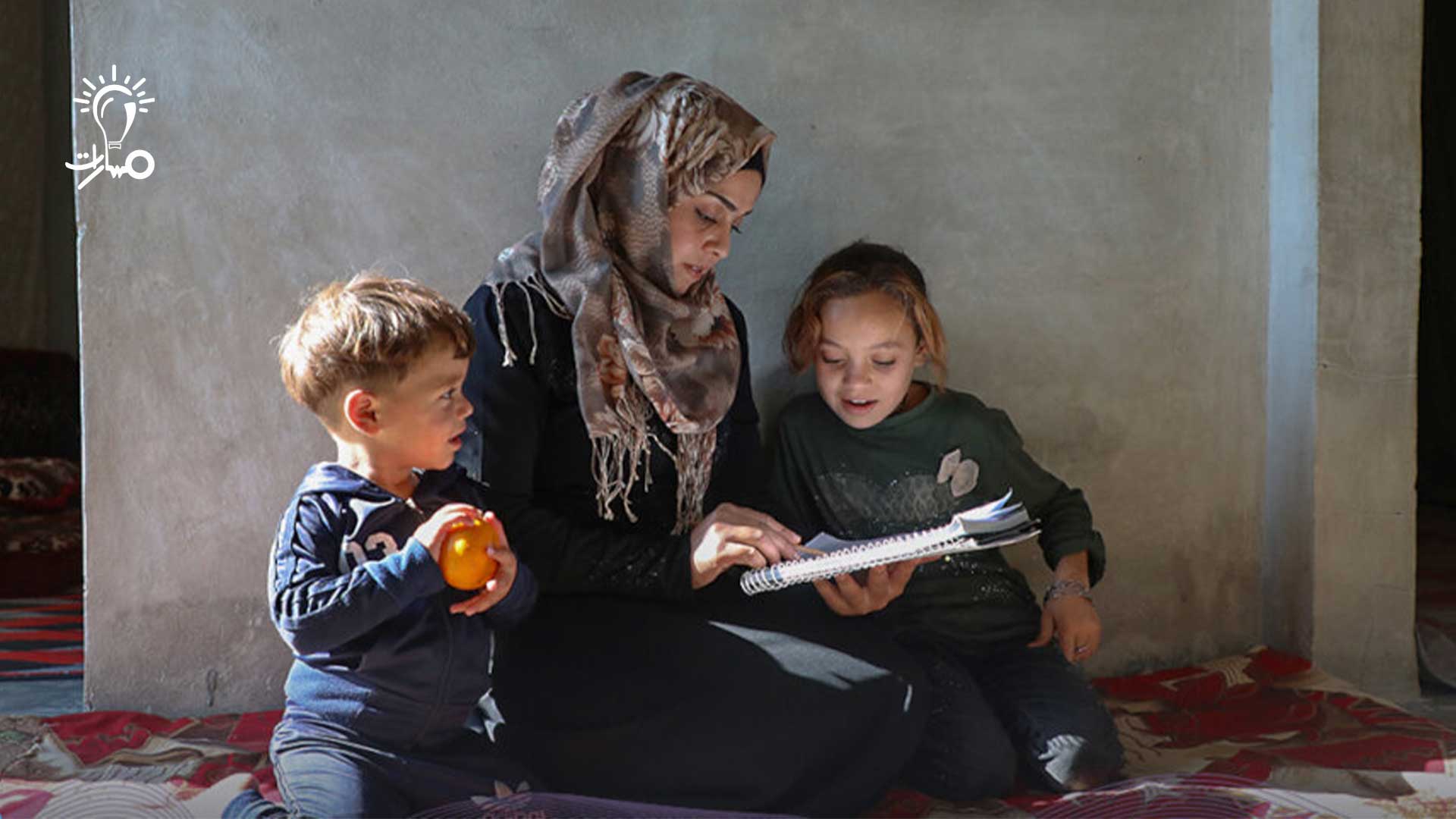In a world that is becoming increasingly complex and challenging with rapid changes, the role of thinking emerges as an important factor in determining student ‘s emotions and experiences.
Thinking is a double-edged sword that can elevate your academic standing if used properly. It’s worthwhile to delve into the meaning of thinking and its impact on your life, leading to an understanding of positive thinking, which guides you towards tranquility and proper engagement with your thoughts.
Scientists generally define thinking as the source or wellspring of mental activity and cognitive behavior, creating the ideas that come to mind. This means the thought you are focusing on now can either make you happy or sad. For example, if you are outside, on your way to an urgent and important appointment, and it begins to rain heavily, what would you feel?
You are likely to fall into one of two personalities: either you continue walking in the rain, happy and enjoying it, or you become upset and disheartened by the heavy rain. This reaction is due to the power of your thinking and the ideas that have taken over your mind. If you’re the first type, you’re used to facing surprises calmly, wisely, and with forethought. If you’re the second type, you are dealing with negative thoughts that always trouble you. Remember, it’s possible to change reality with your thoughts.
This moves us to the important topic of “The Power of Thinking and Its Impact on Your Emotions.” This is not just a theoretical concept, but a tangible reality in the daily lives of students, affecting everything from academic performance to personal well-being.
First, it’s important to fully embrace positive thinking. Many researchers have found that positive thoughts increase energy levels, motivate, and enhance self-confidence. For instance, a student who thinks “I can understand this lesson” is often more prepared to overcome academic challenges compared to a student who thinks negatively. Transforming thoughts from “I can’t” to “I will try” can make a significant difference in the educational experience.
A student facing an academic challenge with the thought “I am capable and prepared to learn” is more likely to overcome difficulties compared to a student overwhelmed by pessimism.

Transitioning from “I can’t” to “I will try” can create a significant change in how a student views challenges and their ability to deal with and overcome them.
It’s important to consider the effect of this concept on you and your life in general, and then on your academic achievement. Positive thoughts flowing through your brain increase your ability to adapt and cope with difficulties, thus enhancing your skills that you are developing.
On the other hand, negative thinking can be a hidden obstacle. Students who drown in thoughts like “I will never succeed” or “This is too difficult to understand” often find themselves in a spiral of anxiety and stress. This mental state not only leads to a decline in academic performance but can also affect overall mental health.
Students who allow these thoughts to dominate them find themselves stuck in a cycle of despair, negatively impacting their academic performance, mental health, and daily life interactions.
There’s strength in learning from the stories and experiences of others. Think of a story about a student who successfully shifted from negative to positive thinking and how this affected their outcomes and general well-being. These real-life examples serve as an inspiring guide for their peers.
Positive thinking increases your beautiful perceptions and encourages you to face daily learning difficulties so that you don’t stop until you are proud of yourself and what you have achieved. Therefore, I ask you to rearrange your thoughts and create a beautiful reality within them, one that you can reach and achieve, by adopting a positive thinking style.
Finally, I add some techniques and tools to improve your thinking, such as meditation, journaling, and setting positive goals. It helps turn negative thoughts into positive ones. Recognizing and celebrating small achievements can encourage a continuous pattern of positive thinking.
In conclusion, the power of thinking is not just a theory but a practical tool that can help you achieve your goals and improve your academic and personal life. By adopting positive thoughts and facing challenges with a flexible mindset, you can deal with all matters, events, and challenges. Students can open the door to endless opportunities.
Through reading this article, you have become acquainted with thinking, its strength, and its significant impact on your life. At Masarat Initiative, we also offer information and student activities that nourish and support positive thinking and ideas for students through activity sessions, educational courses, and pathways suitable for each age group, adding valuable information through which students can identify their skills and thinking style. At Masarat Initiative, we also focus on enhancing self-confidence, discovering talents, and improving skills.
By: Hassan Al-Ahmad – Photographer at Masarat Initiative





